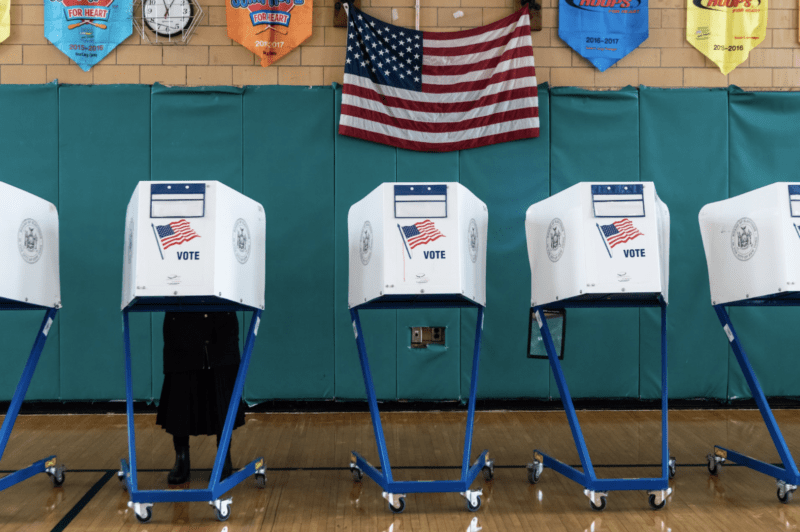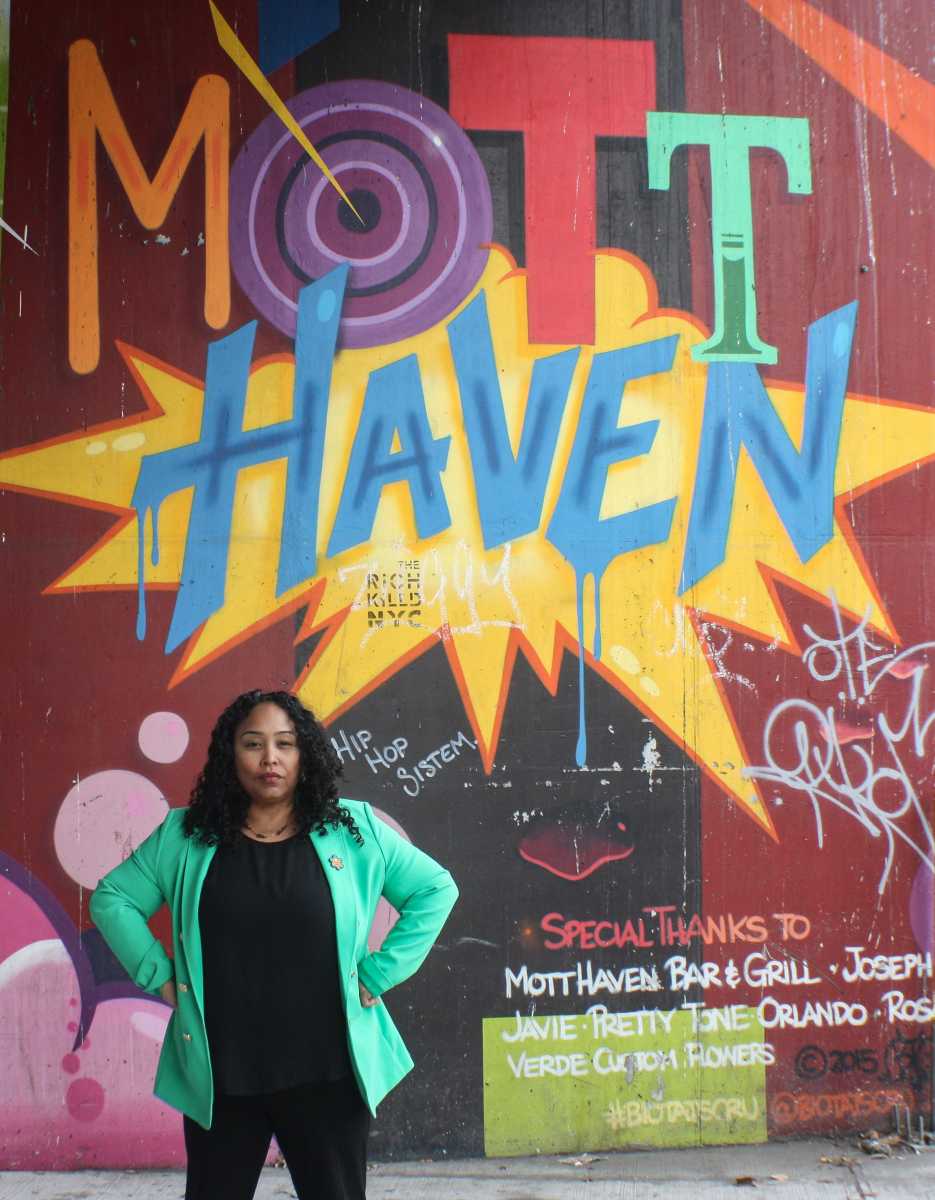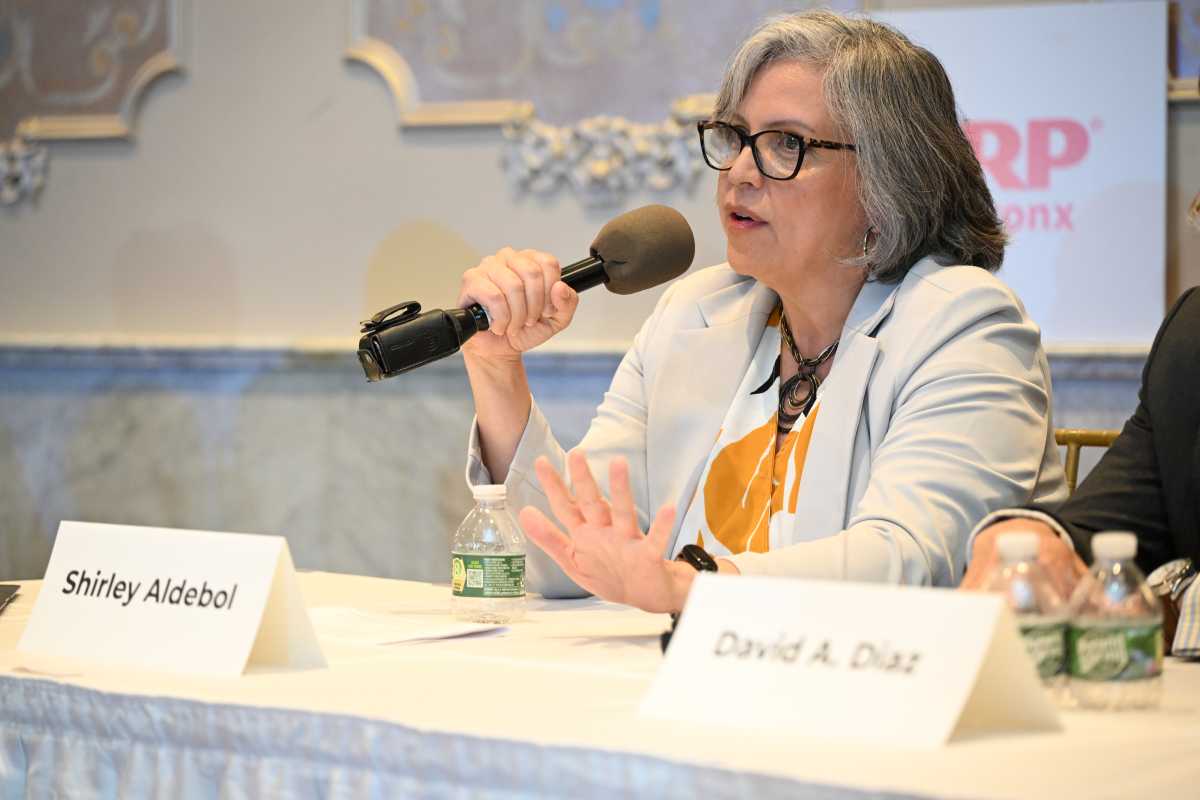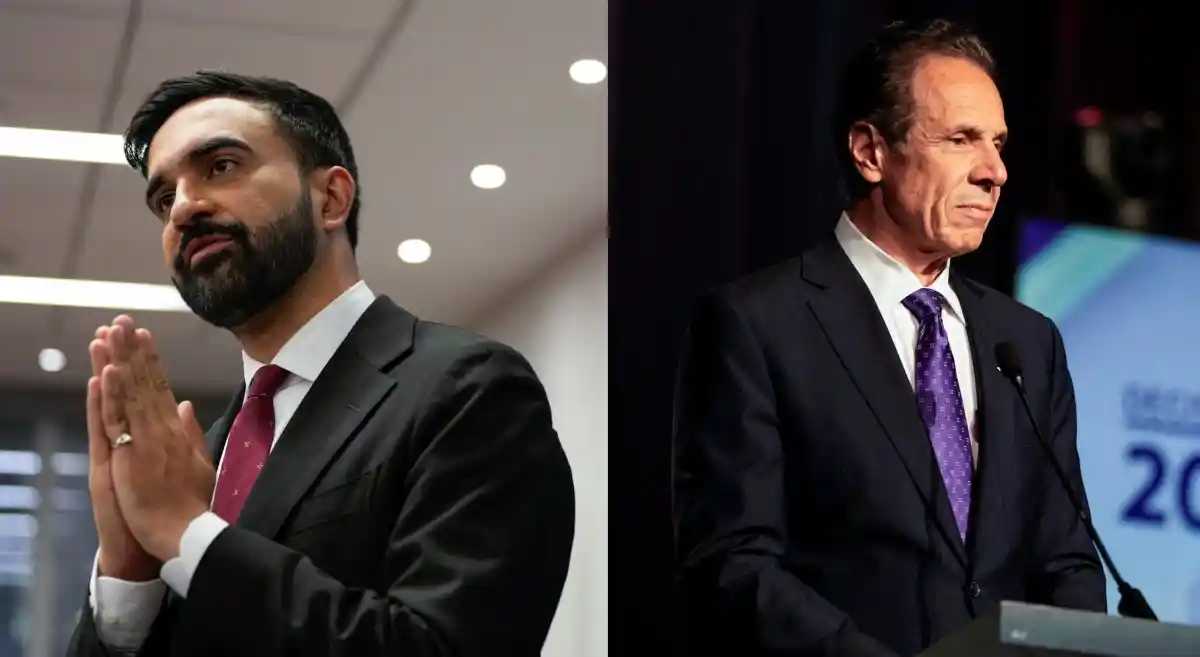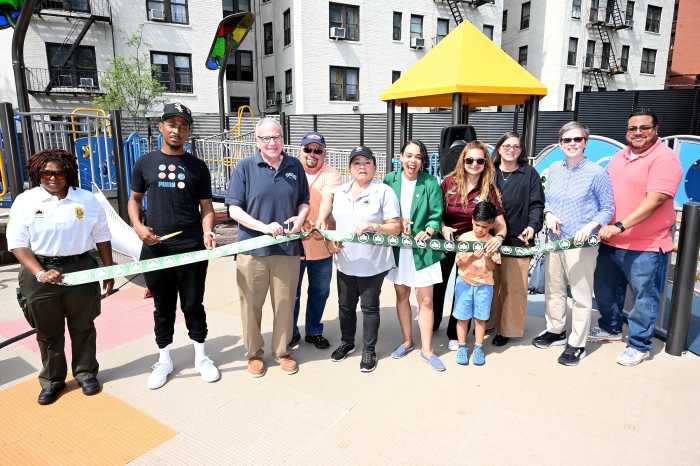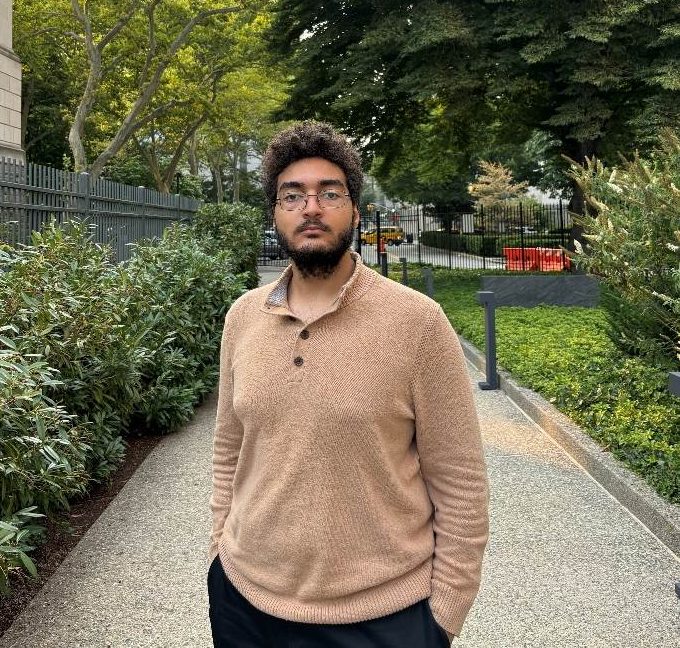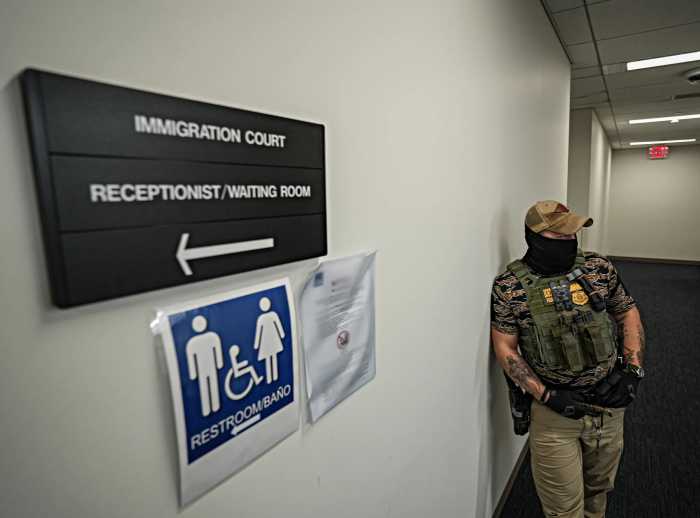On the same day Mayor Bill de Blasio declared that the special election for City Council District 11 in the Bronx would be held March 23, Abigail Martin decided she wouldn’t run.
And while she described it as the most difficult decision she’s ever had to make, she cited plenty of reasons for her decision: the COVID-19 infection rates in her district, which includes the neighborhoods of Wakefield and Woodlawn, were the highest in the city when she would’ve been canvassing, and two people in her campaign contracted the virus; the June primaries had always been the goal; and she said the Bronx political machine had engineered the special election to get Assemblyman Jeffrey Dinowitz’s son elected.
“Knowing that the special election was going to favor the machine, knowing that we were going to have to ask our volunteers to petition in a pandemic not once but twice, knowing that we would have to ask people to turn around after one election and donate to us again in a pandemic when people are really struggling financially,” she said, “all of that culminated in this being the right decision for us.”
Now Martin is one of multiple candidates who weren’t on the ballot for any of the six recent special elections but are running in the June primaries. For some, it was their decision, for others it was the result of their petitions to get on the ballot being disqualified by the Board of Elections. With dismal turnouts — fewer than 3,500 of the more than 80,000 active voters in Council District 15 cast the votes in the district’s special election in March — these candidates said they see themselves as viable, regardless of sitting out the special elections.
And unlike the special elections, candidates will be running on a ticket that’ll include the mayor’s race, among others, with higher turnout expected. That could present an opportunity to knock out the recently elected incumbents, as more of the electorate stand to participate.
The special election in District 11 played out the way Martin expected, with Eric Dinowitz clinching the seat. Martin, a social worker and first-time candidate, has already qualified for matching funds, fundraising more than $41,000 from nearly 600 contributors.
“I’m going to have a fully-funded campaign,” she said. “I’m a pragmatic progressive in a pragmatic progressive district. And I think I’m set up very well to run an excellent campaign.”
In an email, a campaign spokesperson for Dinowitz rebuffed the claim that the special election was geared in any way toward Dinowitz.
“There have been 6 vacancies in the City Council in the last year, which affects more than 10% of the Council –– the idea that this special election was in any way different from the others is ludicrous. Further, turnout was extremely high for this special election, and the Council Member won resoundingly with the most 1st place votes and almost two-thirds of the vote with ranked choice voting, showing the broadest support earned throughout the district,” the spokesperson wrote.
There have been six special elections in New York City in the past year. The first was in City Council District 37 after Raphael Espinal resigned from his seat. After that followed District 12 in the Bronx, which was triggered by the expulsion of Andy King from the city council and was the last special in 2020. Since the new year began, there have been four more special elections: District 24 and District 31 in Queens and Districts 11 and 15 in the Bronx. Those elected during the specials will serve on the council through the rest of the year, but will have to run again in the June primaries and the November general to be able to serve a full term.
Shanequa Moore ran as a write-in candidate for the District 12 special election, after being left off the ballot because of a cover letter technicality. While she fought the decision in court, she was unsuccessful.
“I felt like it was a disrespect not just to me, but to my community,” she said. “To take that choice away from them to say, ‘You don’t get to choose who you can vote for.’”
Like Martin, Moore always had her eyes on June, she said. Despite being kept off the ballot in the special, she has been out in the district making the case for her candidacy. Her campaign has already knocked on over 20,000 doors since last year, she said. Moore, the founder non-profit I’RAISE Girls & Boys International Corporation, said she’s trying to engage those who didn’t come out in December when only 7,161 of the over 112,000 registered voters in the district voted.
“We have a good strategy, we have a good pathway to victory,” she said. “June was always on my mind, I made it clear. And last year in forums, people were like, ‘If you don’t win, what are you going to do? Are you going to disappear?’ And I said, ‘No, I will not. I’m going to be right here.’”
The special elections have served as a testing ground for the voter-approved ranked choice voting (RCV), essentially an instant run-off that is triggered when no candidate obtains 50% of the vote on election night. RCV allows New Yorkers to rank up to five candidates in order of preference. This presents the opportunity for candidates to form coalitions, as was seen in the District 11 race with candidates Mino Lora and Jessica Haller.
While in place during the District 24 special election, an RCV count was triggered for the first time during the District 31 race. New York City Board of Elections wouldn’t declare the winner of the race, Selvena Brooks-Powers, until three weeks after the Feb. 23 election night.
RCV also kicked in for the two special elections in the Bronx. After a multi-day RCV count, Eric Dinowitz won in District 11 and Oswald Feliz won in District 15.
Michael Oliva, a political consultant who worked with District 11 candidate Dan Padernacht earlier in his campaign, said voters will appreciate those who have done the work.
“Everybody has a chance to run, but as a consultant, I’d say it’s better to have contacted as many times as you can if you’re trying to run for something,” he said. “If you come into something late, sure you have a chance, but it doesn’t necessarily mean you have a good chance.”
Marcos Sierra, another District 11 candidate who didn’t run in the special election, said he decided not to run in March after seeing the COVID-19 rates in Woodlawn and Wakefield. And like Martin, he said he also believed the race was orchestrated for the machine candidate to win.
Sierra said he’s not concerned about the exposure he might have missed out on had he run during the special election race because he already has a presence in the community. He’s the man behind El Flanadero, a local company that makes flan, a Latin-dessert staple and he’s the male district leader for the 80th Assembly District.
Sierra said he isn’t concerned about running against an incumbent in June, as opposed to an open seat, because he said he plans to tap into the district’s full diversity. He pointed to past council members who came from Riverdale, a majority-white wealthy neighborhood.
“I believe that I have a solid path to victory, We live in the 11th Council District. It’s a majority-minority district,” Sierra said. “And it’s time that a minority has represented its values, and, truly, its diversity.”
Troy Blackwell, a candidate for District 15, missed out on the special election because of a cover letter issue. He said the BOE found an error with the ID number on his cover sheet and notified him of the error through mail rather than email. By the time he got wind of it, it was too late.
Blackwell, who’s on the ballot for June, continued to campaign during the special. While campaigning, voters told him they had no clue there was an election and expressed confusion over RCV, he said. Blackwell, who worked on the Biden-Harris campaign, said he remains optimistic; otherwise he wouldn’t be running.
“I think my view on it is that I’m already in the race,” he said. “My point is that I’m running towards June because I want a chance at a full term.”


